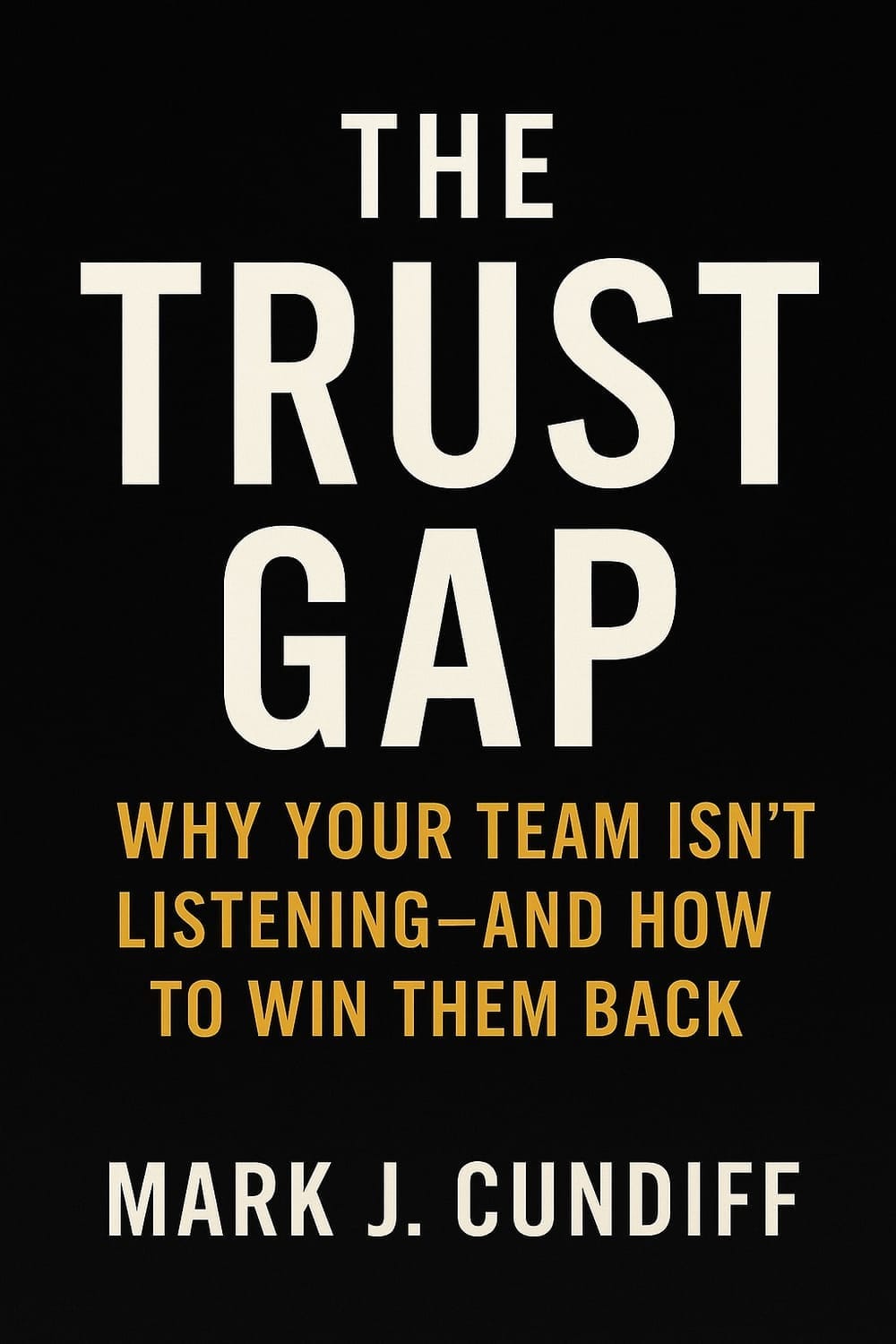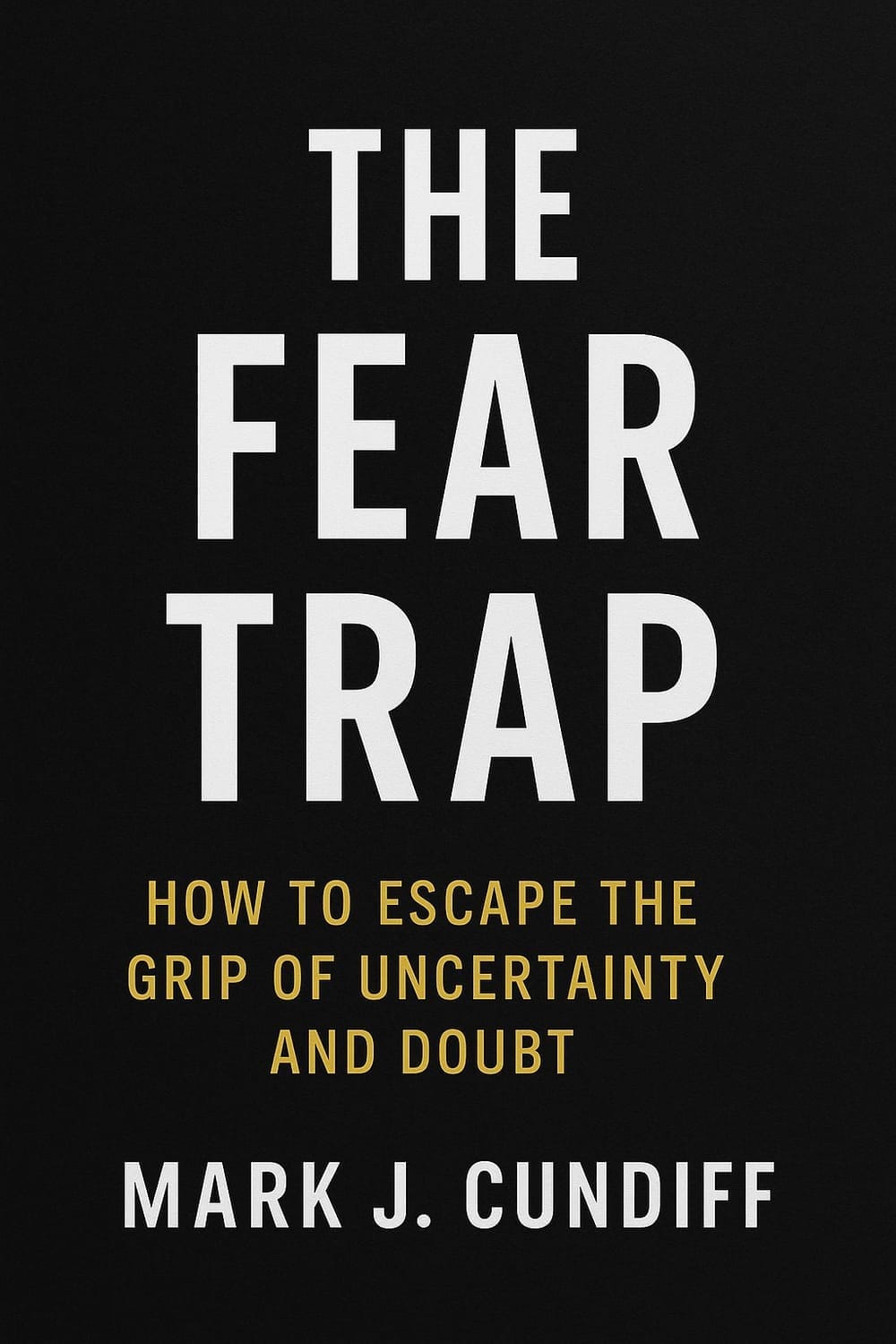Big Rocks First: Prioritize What Matters Most
A Philosophy Professor's Lesson That Changed Everything
Imagine standing before a wide-mouthed mason jar on your desk. Beside it sits a collection of fist-sized rocks, a box of pebbles, a bucket of sand, and a water pitcher. Your task? Fit everything into the jar.
What's the only way to make it all fit?
This classic big rocks story — popularized by Stephen Covey in "The 7 Habits of Highly Effective People" — isn't just a clever demonstration.
It's a powerful metaphor that could transform your approach to time management and help you do your best work on what truly matters.
Why Most Productive People Still Feel Overwhelmed
Have you ever looked back at a week filled with meetings, emails, and to-dos—yet felt like you didn’t really accomplish anything meaningful?
You were busy, no doubt. But were you effective?
This is the trap many of us fall into—what Stephen Covey called the “tyranny of the urgent.” The little things—the sand and gravel—demand immediate attention. And before we know it, the things that matter most get pushed to the margins… or off the calendar completely.
But there’s a better way.
It’s called “putting the big rocks in first.”
The Mason Jar Metaphor (and Why It Still Matters)
Stephen Covey, in his book "The 7 Habits of Highly Effective People," made this visual unforgettable.
A professor (or “one eager student,” depending on who tells it) stands before a classroom with a mason jar, several fist-sized rocks, some gravel, and a scoop of sand.
He fills the jar with the big rocks and asks, “Is it full?”
The students nod yes.
He then pours in the gravel, shaking the jar so it settles between the rocks. Again, “Full?”
“Yes,” they say.
Finally, he pours in the sand—it slides into the tiny spaces left.
The lesson?
If you don’t put the big rocks in first, there won’t be room for the big rocks later.
What Are Your Big Rocks?
Your big rocks are the really important things—those important priorities that rarely feel urgent, but deeply impact your leadership, relationships, and legacy.
They’re the things that won’t scream for your attention but will define your story.
Some examples:
Investing in your family
Prioritizing personal health or faith
Weekly planning and reflection
Strategic thinking or reading
Building relationships with key team members.
Making time for a hobby that fuels you
Coaching a future leader on your team
These aren’t just tasks—they’re the things you want to be known for.
The big rocks are important, not the urgent.
Where Leaders Get Stuck: Living in Q1 and Q3
Covey’s Time Management Matrix is helpful in this regard.
Quadrant 1 (Q1): Urgent and Important – crises, deadlines, meetings
Quadrant 2 (Q2): Not Urgent but Important – the big rocks
Quadrant 3: Urgent but Not Important – interruptions, some emails, shallow meetings
Quadrant 4: Not Urgent, Not Important – time-wasters, social scrolls, distractions
Most people live in Q1 and Q3, reacting all day long.
But Q2 is where real leadership lives. This is where you prioritize the big rocks, build trust, improve systems, and grow.
How to Prioritize the Big Rocks First Each Week
1. Make a List of What Really Matters
Every Sunday or Monday, identify your big rocks. What are the 3–5 non-negotiables that will add value and align with your long-term goals?
Ask: If I only accomplished these things this week, would it move me forward in what matters most?
2. Block Time on Your Calendar
Don’t just say these things are important—commit to them with your time and attention. Schedule them before the sand fills your week. Think strategy meetings, workouts, writing, or mentoring conversations.
If it’s not on your calendar, it’s not a real priority.
3. Expect the Gravel and Sand
The gravel and sand represent the less important or even trivial but unavoidable parts of your work—admin tasks, status meetings, and the urgent things that aren’t always important.
Yes, those still exist. But when the big rocks are in first, the gravel can settle around them. You’re in control, not reacting.
4. Protect Your Priorities
Distractions will come. But when you’ve intentionally blocked time for the important stuff, you’re far less likely to get stuck in the sand. Say “no” to what doesn’t add value, especially the urgent and not important.
Let’s Talk Execution
Great prioritization isn’t just about having a plan—it’s about following through.
Start by evaluating your current to-do list. How much of it is Q1 or Q3?
Now, look at your calendar. Is there visible space for your big rocks? Or did the sand get into the jar first?
Then ask yourself:
What do I need to say “no” to this week?
What personal time do I need to protect to lead better?
Where am I spending time that I should be allocating to something else?
Final Word of Encouragement
You don’t have to say yes to everything. You’re not responsible for doing it all.
But you are responsible for deciding what gets the best of you.
This week, do what effective leaders do—prioritize the big rocks first—block space for the important priorities that build your life, leadership, and legacy.
Because if you don’t make time for the big things, the little things will always find a way to take over.
And as Stephen Covey said:
“The key is not to prioritize what’s on your schedule, but to schedule your priorities.”
Let’s lead intentionally!
Key Takeaways
First Things First: The big rocks represent your most important priorities that align with your values and long-term goals.
Proactive vs. Reactive: Living in Quadrant 2 (important but not urgent) prevents the constant firefighting of Quadrants 1 and 3.
Calendar Before To-Do List: Block time for your big rocks before your schedule fills with sand and pebbles.
Weekly Planning Ritual: Take time each week to identify and schedule your big rocks first.
Permission to Say No: Protect your priorities by declining tasks that don't align with your most important work.
Quality Over Quantity: It's better to accomplish a few meaningful things than many trivial tasks.
Stephen R. Covey Books:
Join over 3,900 Fellow Leaders reading The Learning To Lead Newsletter each week!
Recent Articles

Join over 4,000 Fellow Leaders reading The Learning To Lead Newsletter each week!
©2025 Learning To Lead | Helping Good Leaders Become Great Leaders


